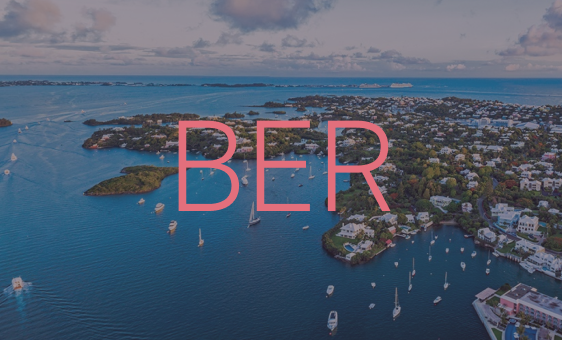Michael Barbosa, who was born in Bermuda in 1976 to non-Bermudan parents, lost his bid before London’s Privy Council to be classed as a ‘belonger’ under Bermuda’s Constitution. As a result, he is denied various rights which are available to other people who were born in Bermuda.
Mr Barbosa, who has British Overseas Territory citizenship by reason of his birth in Bermuda, lived in the Azores between 1992 and 2003 but otherwise has lived all his life in Bermuda. He obtained a work permit on his return to Bermuda and was granted indefinite leave to remain in 2013. In 2007, he married his wife, who was born in the Philippines, and who became a naturalised British Overseas Territory citizen in 2014. He initiated proceedings in 2015 when he and his wife sought to adopt his wife’s niece from the Philippines, but were prevented from doing so as they were not classed as residents of Bermuda for the purposes of the Adoption of Children Act 2006.
Mr Barbosa would not have encountered this difficulty had he been able to apply for Bermuda status or a permanent resident’s certificate, but due to his circumstances he was ineligible to do so. The existing pathways to Bermuda status are very limited. In particular, there is currently no right to apply for status purely on the basis of long-term residency in Bermuda, unless domiciled on the island before 1956. If he had been successful, Mr Barbosa’s case would have cleared the way for other British Overseas Territory citizens in a similar position to him (estimated at around 300) to apply for Bermuda status, giving them permanent rights to reside and work on the island.
In his claim he argued that his inability to seek Bermuda status was contrary to his constitutional rights. Bermuda’s Constitution prohibits both restrictions on the right to reside in Bermuda as well as discrimination due to place of origin, except in relation to persons who do not ‘belong’ to Bermuda.
The Constitution contains a list of several categories of people who are deemed to belong to Bermuda. This case essentially came down to the narrow question of whether this list is exhaustive. Mr Barbosa did not come within one of the defined categories but he argued that people like him, who were born in Bermuda and had lived there for many years, can also belong to Bermuda under the common law. His argument was initially accepted by the Supreme Court in 2016. However, the Court of Appeal overturned the decision later that year. He then appealed to the Privy Council, which heard the case in June 2019.
In rejecting his appeal, the Privy Council confirmed that the categories of ‘belongers’ in the Constitution are closed and that Mr Barbosa does not have a common law right to belong to Bermuda. Although in the end this seemed to be a straightforward conclusion for the court to reach, the judgment nonetheless recognised the anomalies which arise as a result of the decision. Specifically, had Mr Barbosa acquired British Overseas Territory citizenship by naturalisation (as his wife had) rather than by birth, then he could have fallen within the categories in the Constitution of people who belong to Bermuda. Further, the wife of a person who belongs to Bermuda either because they possess Bermuda status or have been naturalised as a British Overseas Territory citizen, is also deemed to belong, whereas the husband of such a person (like Mr Barbosa) is not.
Some commentators have suggested that this decision has highlighted undesirable anomalies and that we may see legislative action in the coming years to correct these issues, as part of the Government’s ongoing consideration of immigration reform. Mr Barbosa’s lawyer has also indicated that he believes there are grounds to take his case to the European Court of Human Rights, so the Privy Council’s decision may not be the final word.



















